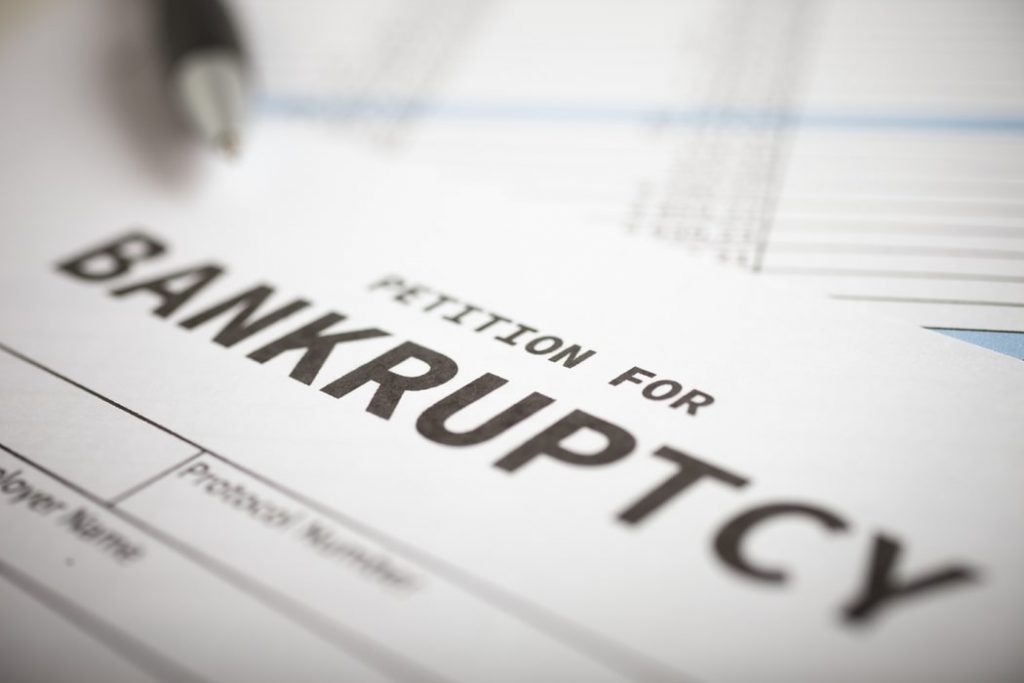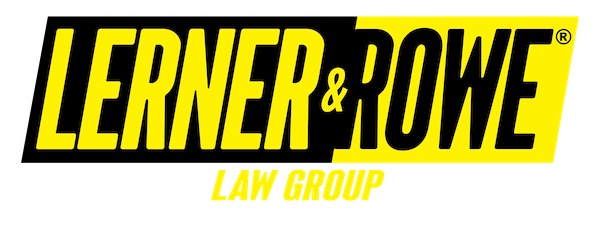
What Is a Chapter 13 Bankruptcy? And How Does It Work?
A chapter 13 bankruptcy is a proceeding under the federal law in which the a consumer seeks relief under the Bankruptcy Code. A chapter 13 bankruptcy allows a person to repay all or a portion of his or her debts. This is done under the supervisions and protection of the bankruptcy court. A person who files a chapter 13 bankruptcy is called a debtor. The debtor submits to the court a plan for the repayment of all or a portion of his or her debts, of course with the help of your Arizona bankruptcy attorneys. The court must approve the plan in order for it to become effective. If the court approves the debtor’s plan, creditors will not be able to collect their claims from the debtor.
The debtor must make regular payments to the chapter 13 trustee. The trustee collects the money paid by the debtor and disburses it to creditors according to the plan. Upon completion of the payments, the debtor is no longer liable for the remaining general unsecured debts. Generally, the debtor must pay all back taxes, back alimony and child support in full in a Chapter 13.
How Does a Chapter 13 Bankruptcy Differ from a Debt Consolidation Service?
In a chapter 13 bankruptcy, with the help of your experienced Arizona bankruptcy attorneys, the bankruptcy court can provide relief to the debtor that a private debt consolidation service cannot provide. The court has the authority to prohibit creditors from attaching liens or foreclosing on the debtor’s property. The court can also force unsecured creditors to accept a chapter 13 bankruptcy plan that pays only a portion of their claims and to discharge a debtor from those claims. Private debt consolidation services can not do this; they do not have any of these powers. The immediate relief a bankruptcy debtor receives is the automatic stay. The stay stops or stays creditors from most collection activities against the debtor.
How Is a Chapter 13 Bankruptcy Different from a Chapter 7 Bankruptcy?
The basic difference between a chapter 13 bankruptcy and a chapter 7 bankruptcy is that in a chapter 7 bankruptcy, the debtor’s nonexempt property, if they posses any, is liquidated to pay whatever portion of the debtor’s debts it can cover. That person then receives a discharge and then released the debtor from liability for the most debts. In the chapter 13 bankruptcy, a portion of the debtor’s future income is used to pay as much of the debtor’s debt as feasible. The debtor usually retains his or her nonexempt property. However, they must pay off as much of his or her debts as the court deems reasonable. They then receive a discharge and release from liability of dischargeable debts.
How Long Should I Expect the Chapter 13 Bankruptcy Plan Last?
The required length of a chapter plan depends on the debtor’s income. If the debtor’s annual income is less than the median income for Arizona, the length of the plan must be three years. If the annual income exceeds the median income for Arizona, the length of the plan must be five years. Unless payment of all unsecured debts occurs in a shorter period. You calculate the annual income by taking your gross monthly income and multiplying it by 12. Your Arizona bankruptcy attorneys will assist you at all phases of your case.
Is It Possible to Dismiss a Chapter 13 Bankruptcy Case?
Yes. It’s possible to dismiss a chapter 13 bankruptcy case for a number of different reasons. If for example you were to move out of state and did not notify your chapter 13 trustee, that could be a reason for dismissal. Any time a debtor plans on moving, they need to let the trustee know in advance or notify the bankruptcy attorney. This will help to avoid dismissal. If the debtor is temporarily out of work, injured or otherwise unable to make the payments required under a chapter 13 plan, they would need to contact their experienced Arizona bankruptcy attorneys to attempt and get the plan modified. If it appears that the debtor will be unable to continue making their chapter 13 payment, the case may be dismissed. It is not generally possible to dismiss a chapter 7 bankruptcy case.
Where to Find the Top Experienced Arizona Bankruptcy Attorneys?
The process of filing for bankruptcy, whether it be chapter 13 or 7, can be a daunting and confusing task to face on your own. You should have a team of qualified and experienced Arizona bankruptcy attorneys on your side to help clear up questions and misconceptions. Lerner and Rowe Law Group has the bankruptcy lawyers you need to help you figure out if filing for bankruptcy, and what type, is the right option for you. You can reach out to us anytime, 24/7, by calling 602-667-7777. Stop by our offices Monday-Friday, 8am to 5pm, or use the convenient LiveChat feature on our website to start. We give free initial consultations and have flexible payment options available. But we won’t ask for any fees until after we’ve been successful in your claim. Don’t put it off any longer. Contact us today!

